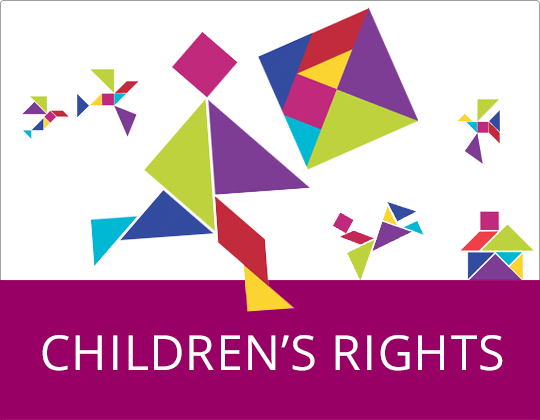Improved skills and professional capacities

The establishment of Barnahus in Slovenia introduces a substantial change in the way professionals work together in cases of child sexual abuse cases, including the process through which the child is heard and the way agencies work together. Under the second project component, training, tools, guidance and materials are developed to facilitate interagency coordination and collaboration as well as to strengthen the forensic interviewing and forensic medical examination processes within Barnahus.
Interagency tools for Barnahus staff
Interagency training is key to the successful and timely collaboration of professionals from different sectors of Barnahus. To manage interagency cooperation, a by-law has been developed under the project to complement the Barnahus Law. Additionally, the project has developed supporting tools and recommendations for human resource development and management within Barnahus:
- A draft child safeguarding policy and procedure has been developed.
- A draft child participation policy to consult children and their families been developed. It includes the establishment of a Child Advisory body, to be consulted not only on Barnahus-related matters but on other issues that would benefit from children’s perspective.
Forensic interviewing in Barnahus
The forensic interviewing is at the heart of the Barnahus criminal justice model. On one hand, the Barnahus model aims to limit interviews of child victims and witnesses of violence in order to avoid re-traumatisation. On the other hand, Barnahus ensures the evidential quality of children’s disclosure by carrying out forensic interviewing by a specifically trained professional according to an evidence-based protocol. The project has supported relevant authorities in setting up an evidenced-based interview protocol for the forensic interviewing in Barnahus and has carries out targeted training for police officers to establish a pool of experts in this area in Slovenia.
Forensic medical examinations in Barnahus
Medical evaluations and forensic medical examinations of child victims of sexual abuse are routinely carried out by specialised medical staff in the Barnahus premises. The purpose of the medical examination is to document injuries and issue a forensic certificate that can be used in the criminal investigation and court proceedings. The project has developed training materials to be used by medical professionals performing forensic medical examinations. The materials focus on four types of child abuse:
- Physical violence
- Sexual violence
- Psychological violence
- Neglect
The by-law on training for Barnahus staff developed under the project issues recommendations for a procedure and criteria for the certification of these medical professionals and provides sensitisation training of health care professionals in this area.



